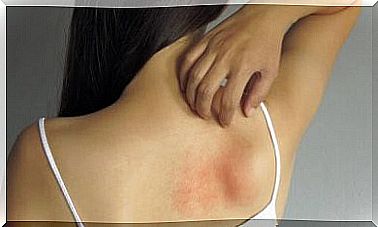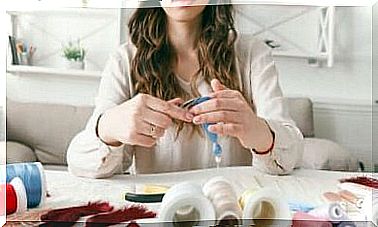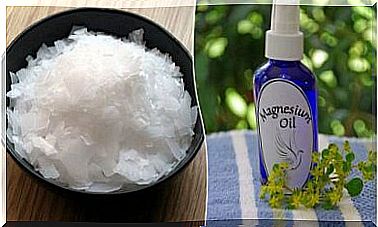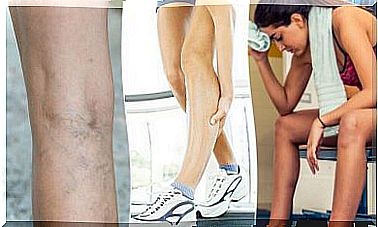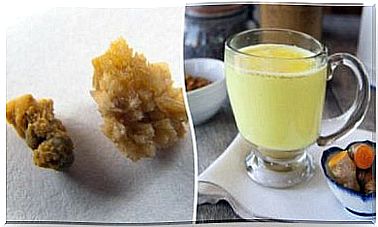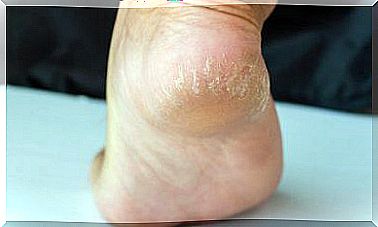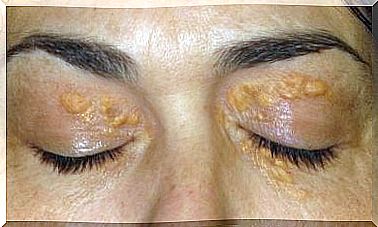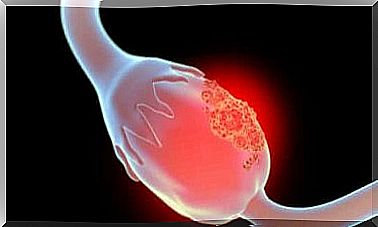6 Reasons Why Your Scalp Hurts
The scalp is a physical barrier and thermal insulator that works against external damage that can affect our head. We show you how to relieve pain in your scalp.
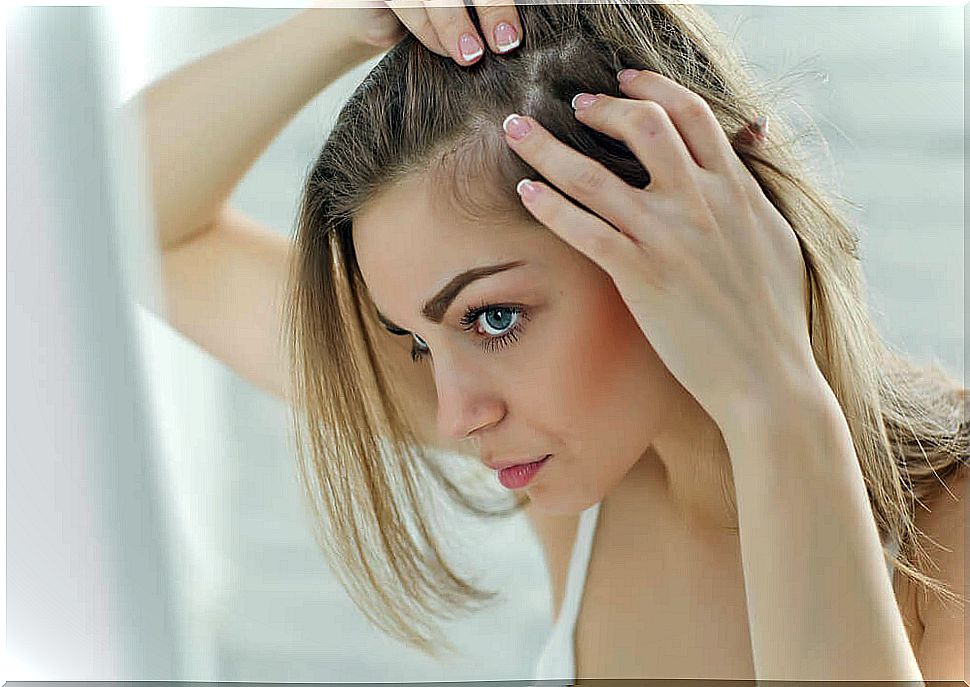
We all know that the scalp is the skin that is responsible for covering and protecting the human skull. It is basically made up of blood vessels, skin, hair follicles, and hair.
Thanks to the different layers that constitute it, it can act as a physical barrier and a thermal insulator responsible for the protection of the immune system of people.
However, the scalp is the most exposed area of our body. It can present a wide variety of damage. But these can be alleviated with proper care.
Surely at some point you have felt constant discomfort, pain or tenderness on your scalp, even without having tied your hair all day.
If you have ever wondered what it means and how to stop it, in this article you will find the answers you were looking for, we hope you enjoy it!
What is the cause of the sensitive scalp?
The scalp is full of nerve endings which are at the root of the hair follicles, and although it is responsible for protecting our head, it can be affected very easily.
The reasons for its sensitivity may be due to:
1. An unbalanced diet
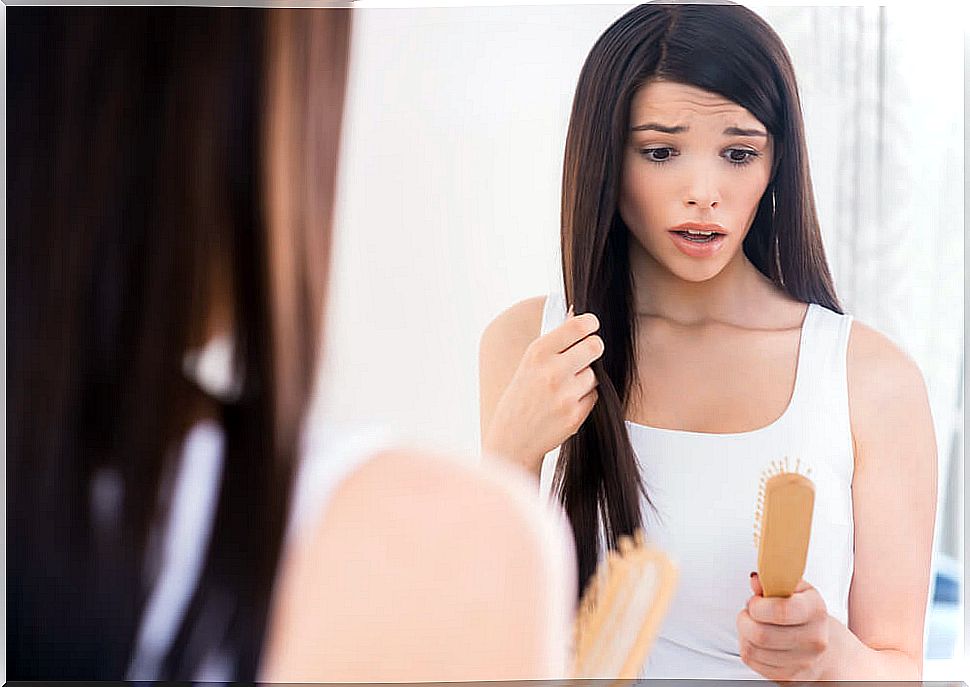
An unbalanced diet will not provide the vitamins or minerals necessary for the nutrition and maintenance of the scalp.
In fact, nutritional deficiencies can lead to a whole series of hair disorders that affect both aesthetics and well-being. Here are some examples :
- Sensitivity
- Hair loss
- Dandruff
- Dermatitis
That is why we recommend that you maintain a balanced diet and drink enough water throughout the day, which will give you the strength you need easily.
2. Using the wrong shampoo on your scalp
Shampoo is one of the main causes of scalp sensitivity in the world.
Shampoos are made from harsh cleansers that can cause some of the protective layer on the scalp to slip off. When this protective coat is altered, the cells inside the scalp become inflamed and increase their vulnerability to dryness and irritation.
Likewise, chemicals used for hair with cosmetic intent, soaps, water, and certain medications can also affect it.
We recommend using neutral shampoos, as they contain less harsh cleansers allowing your hair to be clean and your scalp completely healthy.
3. Exposure to climatic situations

Exposure to sun, rain, cold, heat, wind, and even pollution can affect scalp health.
To protect yourself, we suggest you wear a hat before you leave the house, it will give you more protection with very little effort.
4. Stress and your scalp
The situations that involve stress in your life will automatically reflect in the health of your hair and scalp.
In fact, there are several studies that link constant exposure to stress to problems such as excessive hair loss. However, this type of hair loss is not permanent and can be reversed.
Take a break whenever you can, distract yourself with an activity of your choice. It will not only bring you a lot of benefits, but also relax you incredibly.
5. Don’t pull your hair out
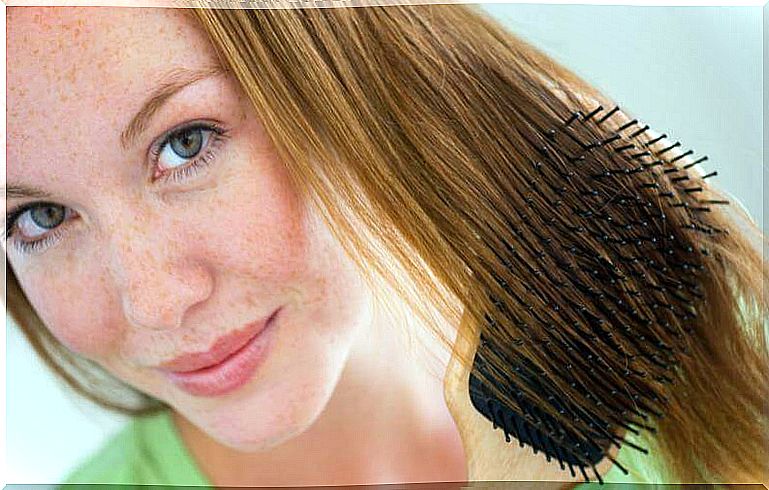
Every time you brush your hair it is very likely that you will end up pulling it out causing your scalp to suffer.
This will not only cause hair loss, but over time you will also notice a lot of tenderness on your head.
For this point, we advise you to avoid tying your hair constantly, especially at night.
Leaving them loose is the best thing you can do, or at least not squeeze or pull a lot when you tie them up.
6. Hair straighteners and hair dryers are your worst enemies
Avoid using flat irons and hair dryers when you can! Constant use of these devices will completely damage the health of your scalp.
Instead, use creams that help you shape them without the need for heat.
7. Some additional tips
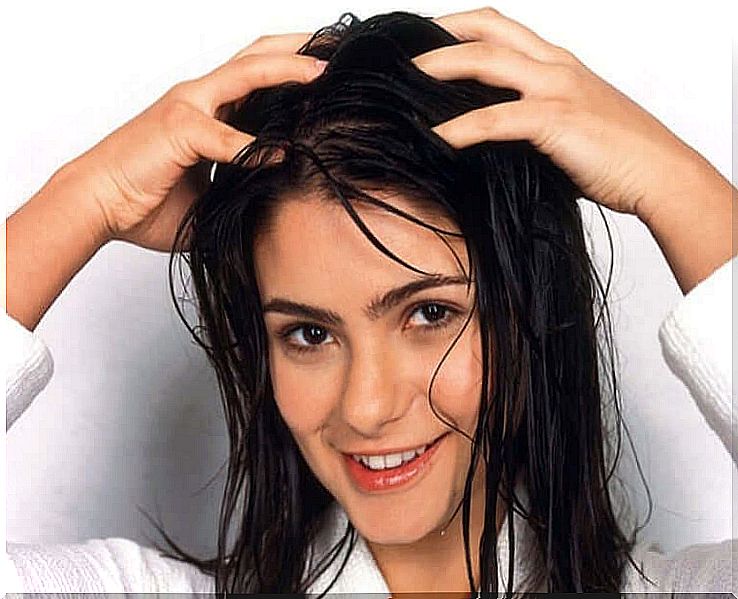
If you want a healthy and strong scalp, it is important to use natural oils and masks that provide all the nutrients you need so much, such as:
- Argan, coconut, avocado and castor oil.
- Masks with vitamins B7, E and C.
You can also try the following methods:
- Drinking at least 1.5 liters of water per day will dramatically improve your overall health.
- Massaging your scalp constantly stimulates blood circulation, relieves pain and strengthens it at the same time.
None of this has proven to be effective? It is important that you contact a trusted dermatologist.
The dermatologist will do the necessary tests to find any problems and prescribe the medications you need for your condition.
